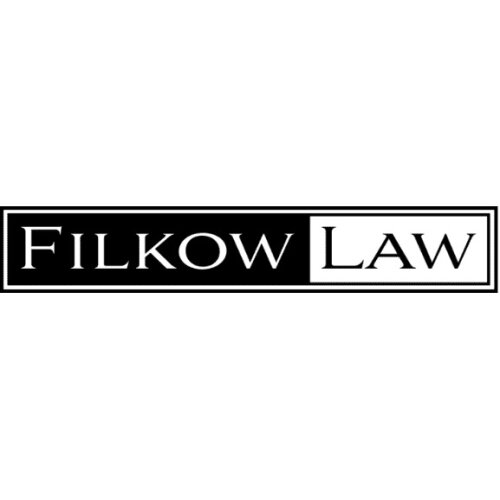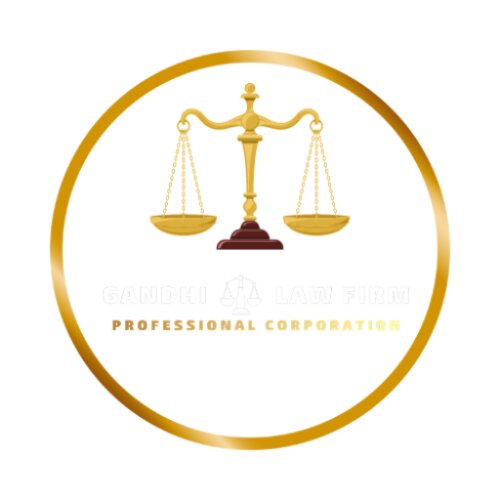Best Arrests & Searches Lawyers in Canada
Share your needs with us, get contacted by law firms.
Free. Takes 2 min.
Or refine your search by selecting a city:
List of the best lawyers in Canada
About Arrests & Searches Law in Canada
The law surrounding arrests and searches in Canada is primarily governed by the Canadian Charter of Rights and Freedoms. This legal framework ensures that individuals are protected against unreasonable search and seizure by authorities. It grants people the right to be secure against unwarranted intrusion, giving rise to specific standards that law enforcement must meet before carrying out arrests or searches. Understanding your rights in these situations is crucial to ensure fair treatment and the upholding of justice within the Canadian legal system.
Why You May Need a Lawyer
There are several scenarios where legal assistance might be crucial in the context of arrests and searches. If you have been arrested or subjected to a search, a lawyer can help you understand your rights and the legality of the actions taken. Situations such as being charged with a crime, having property seized, or experiencing what you believe to be an unreasonable search or arrest are instances where legal counsel becomes invaluable. A lawyer specializing in this area can help you navigate the complexities of the law, protect your rights, and provide guidance on the next steps to take in your case.
Local Laws Overview
Canadian laws related to arrests and searches place a significant emphasis on protecting individual rights. Key principles include:
- Reasonable Grounds: Authorities must have reasonable grounds to believe that a crime has been committed before making an arrest or conducting a search.
- Warrants: In most cases, a warrant is required for searches, although there are exceptions such as immediate pursuit or to prevent imminent harm.
- Rights upon Arrest: Individuals have the right to know the reason for their arrest and to consult with a lawyer as soon as possible.
- Exclusion of Evidence: If an arrest or search is deemed unlawful, any evidence obtained may be excluded from court proceedings.
Frequently Asked Questions
What constitutes a legal search in Canada?
A legal search usually requires a warrant obtained by demonstrating probable cause to a judge or magistrate. However, there are exceptions, such as during an arrest, where a search for weapons or evidence can be conducted, or in urgent situations.
Do police need a reason to stop and search me?
Police need reasonable grounds to stop and search you. If you are driving, they may stop you to ensure your documents are in order but need clearer justification to search your vehicle.
What should I do if I am arrested?
Stay calm and polite. Ask for clarification on why you are being arrested, and ensure you are provided the chance to contact a lawyer immediately as is your right under the Charter.
Can I refuse a search?
If authorities do not have a warrant, you have the right to refuse consent to a search unless they are entitled by law to conduct the search without a warrant due to exceptional circumstances.
What are my rights during a search?
You have the right to be treated with respect and dignity, including the right to remain silent and the right to legal counsel.
Can evidence obtained from an illegal search be used against me?
Generally, evidence obtained from an illegal search may not be admissible in court, which could significantly affect the outcome of a trial.
What is the "right to counsel"?
The right to counsel means that upon arrest, you must be informed of your right to speak with a lawyer without delay and provided the opportunity to do so.
How long can I be detained without charges?
You must be charged within a reasonable time; typically, this is within 24 hours or as soon as possible, depending on the circumstances of your case.
What can I do if my rights were violated during an arrest or search?
If you believe your rights have been violated, it's crucial to speak with a lawyer who can help assess your situation and determine the best course of action, which may include filing a complaint or challenging the admissibility of evidence.
Are strip searches legal in Canada?
Strip searches are highly invasive and are only legal under specific conditions where they are necessary and justified based on reasonable grounds to protect against danger or to preserve evidence.
Additional Resources
For further assistance or information, consider reaching out to these resources:
- The Canadian Civil Liberties Association (CCLA)
- Legal Aid services in your local province
- Local law schools that may offer legal clinics or advice
- The Public Safety Canada website for information on police services
- Your provincial or territorial human rights commission
Next Steps
If you need legal assistance with matters of arrests and searches, consider reaching out to a legal professional who specializes in criminal law. Start by gathering all pertinent information regarding your situation, including any documentation or evidence of the arrest or search. Contact a local lawyer or legal aid office to discuss your case and obtain advice tailored to your circumstances. Assert your rights at every stage and ensure you have professional support to guide you through the legal process.
Lawzana helps you find the best lawyers and law firms in Canada through a curated and pre-screened list of qualified legal professionals. Our platform offers rankings and detailed profiles of attorneys and law firms, allowing you to compare based on practice areas, including Arrests & Searches, experience, and client feedback.
Each profile includes a description of the firm's areas of practice, client reviews, team members and partners, year of establishment, spoken languages, office locations, contact information, social media presence, and any published articles or resources. Most firms on our platform speak English and are experienced in both local and international legal matters.
Get a quote from top-rated law firms in Canada — quickly, securely, and without unnecessary hassle.
Disclaimer:
The information provided on this page is for general informational purposes only and does not constitute legal advice. While we strive to ensure the accuracy and relevance of the content, legal information may change over time, and interpretations of the law can vary. You should always consult with a qualified legal professional for advice specific to your situation.
We disclaim all liability for actions taken or not taken based on the content of this page. If you believe any information is incorrect or outdated, please contact us, and we will review and update it where appropriate.
Browse arrests & searches law firms by city in Canada
Refine your search by selecting a city.













